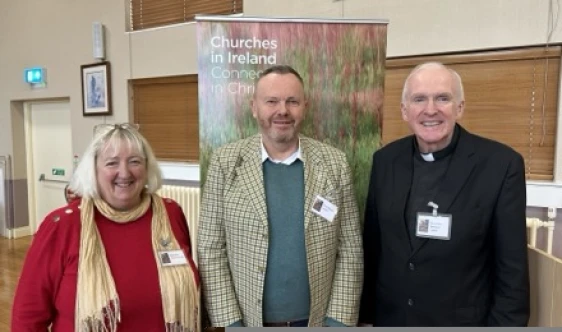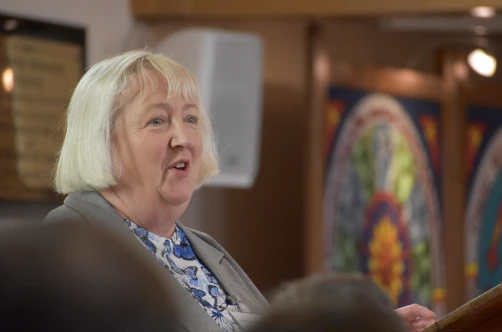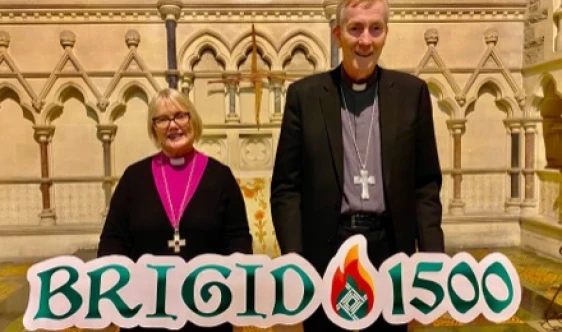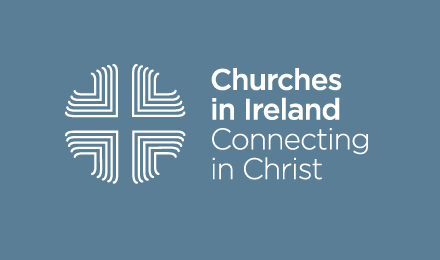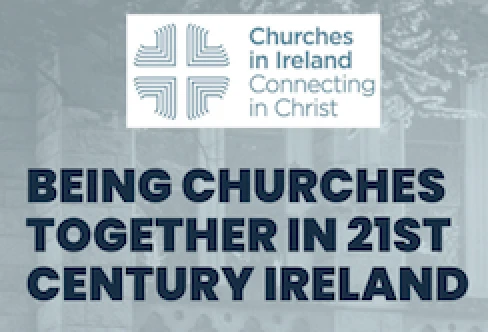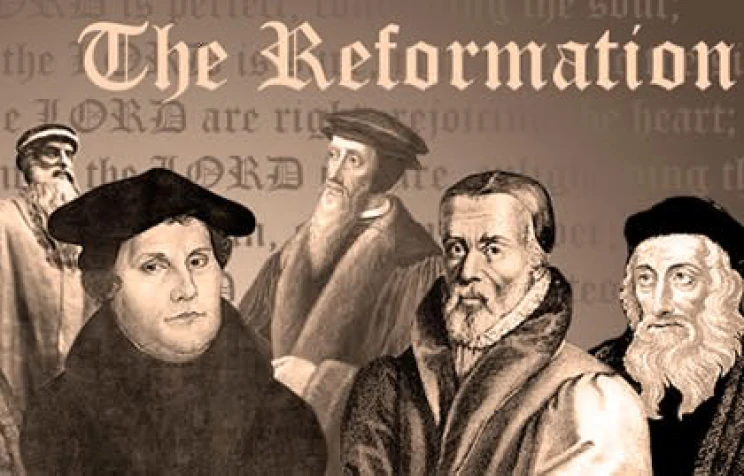
Aspects of the Reformation: What do we mean by “the Reformation”?
In the first of a series of weekly blog posts, ICC President, the Rt Rev John McDowell, discusses the Reformation in the context of its quincentennial commemoration.
This year marks the 500th anniversary of the year in which a German Augustinian monk Martin Luder (who had latinized his name to Martinus Lutherus which in turn was anglicised to Martin Luther) made a protest about the state of the Church. The immediate cause of the protest was the selling of a papal indulgence in Germany, but Luther’s own theological problems had been brewing for at least six years before 1517. In its original form and in its beginnings the Reformation was a revolution started by scholars who were able to make use of the rediscovered skills of reading ancient languages (particularly the Greek and Hebrew of the Bible) and other scholarly developments to engage again with the original biblical texts. Because the Reformation became a European wide movement these scholars wrote mostly in Latin so that they could understand each other. But not always. John Calvin could not read German and Martin Luther could not read French so they misunderstood many things about each other. However, although scholarly in its origins the Reformation obviously “caught on” so there must have been an appetite for it beyond the Universities. At its high water mark in the 16th and early 17th centuries it was taken up (oddly enough) in what are now the countries of the European Union, minus Greece, but was unable to retain its popularity as the mediaeval Old Religion organised its own highly effective counter Reformation.
It is important to note that the Reformation took different forms in different places and possibly for different reasons. It found a very ready hearing and acceptance in the free cities of the Empire and in the cities of the Swiss Confederation, but in Germany it needed the protection and acquiescence of the local prince,or Elector to survive. What is sometimes called the Anglican Reformation or the Reformation in England, and which we in the Church of Ireland are the heirs to, was different again. It had roots going back at least to the 14th century to groups of dissenters known as Lollards. At his college in Cambridge a scholar called Thomas Bilney, who had never even heard of Luther, was reading in the elegant Latin of Erasmus’ new translation of the New Testament the words “Christ Jesus came into the world to save sinners “. He wrote down his reaction “…immediately I felt a marvellous comfort and quietness insomuch that my bruised bones leaped for joy”. That was the beginning of the Protestant Reformation in Cambridge which lead the way in England and from there to America.
But it had a long way to go in England and it was not until, at the earliest, the reign of Elizabeth I that England could be called a nation of Protestants as opposed to a Protestant nation. In Ireland, as we know, the progress of the Reformation was very patchy and it was the only Kingdom in these islands which did not become predominantly Protestant. There have been all sorts of theories to account for that but it is undoubtedly true that as a national movement the Reformation failed in Ireland.
The theology of the Reformation in the terms in which it was discussed at the time was often very abstruse and difficult to follow. In addition, the Reformers often disagreed (particularly about the theology surrounding the Lord’s Supper) and disagreed in very strong language. They recognised that these disagreements were very damaging to their cause and tried (occasionally) to patch up their differences or at least to define what was an acceptable spectrum of belief, but they did not succeed, and the original divisions between what became known as Reformed and Lutheran churches widened over the years. The Reformed tradition in particular continued to divide further, right down to today where, for instance, in the United States there are literally thousands of forms of Protestantism.
